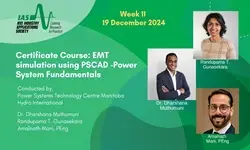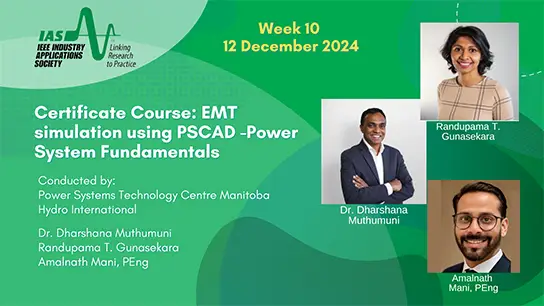-
Members: FreeCIS
IEEE Members: Free
Non-members: FreeLength: 00:51:09
10 Oct 2019
Anna Wilbik, Eindhoven University of Technology (TU/e), Netherlands.
Abstract: Working with process data gains more interest both in academia and industry. The amount of data that is generated during the execution of business processes is growing. This data potentially provides a valuable source of information that can be used to improve the performance of business processes, e.g., to help diagnose and resolve problems that may exist, such as performance bottlenecks, particular types of customer cases that are especially hard or expensive to handle, and mistakes that are made at specific points in a process. Academia answers this industry need with increasing numbers of research papers, projects and conferences. However current methods for analysis of process data have their limitations. Fuzzy techniques or application of the computing with words paradigm has the possibility to overcome some of those limitations, such as dealing with uncertainty or imprecision and interpretability of results. I will show two examples how application of fuzzy techniques can provide better insight of process data to the user. In this talk I want to raise the question, whether analyzing process data is a neglected opportunity for the fuzzy domain.
Abstract: Working with process data gains more interest both in academia and industry. The amount of data that is generated during the execution of business processes is growing. This data potentially provides a valuable source of information that can be used to improve the performance of business processes, e.g., to help diagnose and resolve problems that may exist, such as performance bottlenecks, particular types of customer cases that are especially hard or expensive to handle, and mistakes that are made at specific points in a process. Academia answers this industry need with increasing numbers of research papers, projects and conferences. However current methods for analysis of process data have their limitations. Fuzzy techniques or application of the computing with words paradigm has the possibility to overcome some of those limitations, such as dealing with uncertainty or imprecision and interpretability of results. I will show two examples how application of fuzzy techniques can provide better insight of process data to the user. In this talk I want to raise the question, whether analyzing process data is a neglected opportunity for the fuzzy domain.


